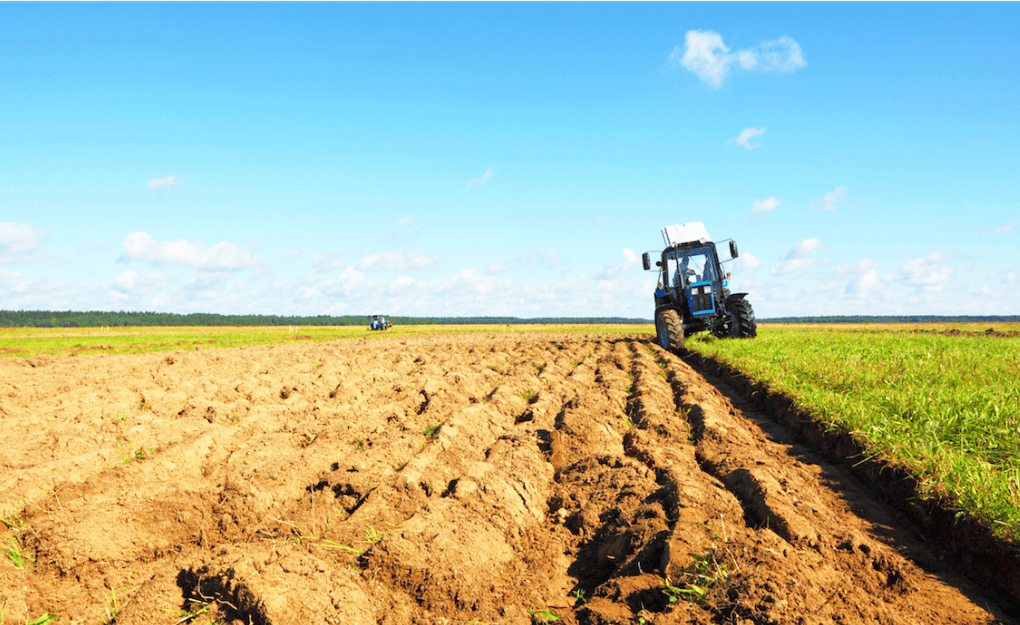Climate Change Crop Yields are becoming a major concern for scientists, policymakers, and farmers worldwide. Recent global studies have uncovered deeply troubling projections about how rising temperatures will affect food production. The study, which examines over 24,000 regions across 54 countries, indicates that by the year 2100, yields of essential staple crops could decline drastically due to climate change—even with adaptation measures in place.
Global Crop Yield Projections Paint a Grim Picture
Six major staples—rice, wheat, maize, soybean, sorghum, and cassava—are at the heart of global food systems, accounting for about two-thirds of the world’s caloric intake. Under a high greenhouse gas emissions scenario, yields could fall by 41% in wealthier regions and by 28% in poorer regions. This drop could pose catastrophic consequences for global food availability.
Of all crops analyzed, wheat is expected to be hit hardest. Northern and central India—key wheat-producing areas—may see yields fall by up to 100%. These regions are among the most vulnerable globally due to increasing heat and reduced soil moisture. While rice may see modest yield increases in certain zones thanks to its tolerance for higher nighttime temperatures, the net global effect remains negative.
Stark Regional Differences and Economic Impact
The impact of climate change on crop yields will vary by region:
- Wheat yields may fall by 30–40% in the US, China, Russia, and Canada.
- Europe, Africa, and South America could experience 15–25% reductions in staple crop production.
- Cassava, a vital crop for subsistence farmers in tropical areas, also shows sharp declines, threatening food security for millions.
Surprisingly, some of the most severe consequences are expected in developed countries, where current agricultural practices are less adapted to extreme heat. In contrast, farmers in already hot climates may be slightly more resilient, having developed practices suited for warmer conditions.
Adaptation Has Limits in Climate Change Crop Yields
Adaptation techniques—such as shifting planting dates, switching to heat-resistant crop varieties, and improving irrigation—are crucial but insufficient. Even with the most advanced adaptive strategies, studies suggest that by 2100, only about one-third of the expected yield losses under high-emissions scenarios can be prevented.
- Rice sees the greatest benefit from adaptation.
- Wheat, unfortunately, benefits the least, particularly because of income-related factors. Rising incomes in some regions paradoxically lead to increased risk-taking and crop vulnerability.
These adaptive strategies are projected to reduce calorie losses by 23% in 2050 and 34% by 2100. However, under moderate emissions scenarios, these gains become smaller, underscoring the importance of broader climate mitigation.
Food Security: The Emerging Crisis in Climate Change Crop Yields
Every 1°C increase in global temperatures corresponds to a 4.4% drop in daily calorie availability per person. This translates to about 120 fewer calories per person per day, enough to tip vulnerable populations into hunger and malnutrition.
The unequal effects of climate change on crop yields mean that while some populations may face mild inconvenience, others—particularly in the Global South—may confront severe food insecurity. With multiple crop failures, local and global supply chains could be disrupted, leading to food inflation and potential civil unrest.
Scientific and Policy Urgency
The scale and depth of this study provide irrefutable evidence of the urgent need for climate mitigation and agricultural adaptation. Policymakers must focus on:
- Aggressively reducing emissions to avoid high-emission scenarios.
- Investing in resilient agricultural practices including drought-tolerant seeds and climate-smart farming.
- Enhancing food storage, distribution, and early warning systems.
- Promoting equity in food systems to protect vulnerable populations.
These findings should serve as a wake-up call for global governments to prioritise climate action as an urgent food security issue, not just an environmental one.
Conclusion
Climate Change Crop Yields will shape the future of global health, economy, and stability. The time to act is now. Mitigating climate change and bolstering agriculture with innovative, equitable policies is no longer optional—it is essential for feeding future generations.



